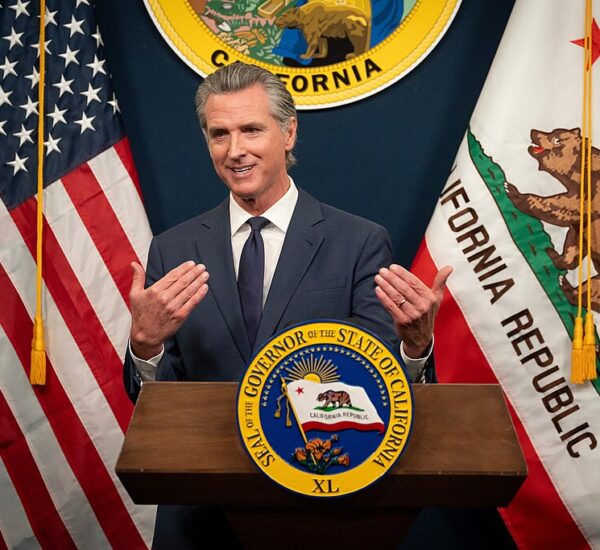This was unexpected.
In a stunning act of defiance, the Massachusetts Institute of Technology (MIT) has rejected President Donald Trump’s sweeping plan to overhaul America’s higher education system, a proposal designed to restore fairness, protect women’s sports, and put merit back at the center of academia.
The plan, called the “Compact for Academic Excellence in Higher Education,” offered top universities preferred access to federal research funding if they agreed to a list of 10 major reforms — from eliminating race-based admissions to ending woke gender policies that have fueled controversy on campuses nationwide.
Trump’s Education Overhaul: Merit Over Ideology
President Trump’s compact demanded accountability from elite institutions long accused of drifting into political activism and censorship. The plan sought to:
- End racial preferences in college admissions
- Restore fairness in women’s sports and locker rooms by basing participation on biological sex
- Increase transparency by publishing the earnings of graduates by major
- Freeze tuition rates for five years to ease financial strain on families
- Limit foreign student enrollment to 15% to prioritize American students
- Expand opportunities for veterans and active-duty military members
In exchange, participating schools would receive priority consideration for billions in federal research grants — a move aimed at rewarding excellence and accountability over ideology.
MIT Pushes Back, Citing “Independence”
MIT President Sally Kornbluth told Education Secretary Linda McMahon that the university “cannot support principles that would restrict freedom of expression or institutional independence.” She added that scientific funding “should be based on merit alone,” a statement critics say misrepresents the compact’s goals.
MIT is the first major university to publicly reject Trump’s proposal, despite the promise of preferential funding.
Other schools invited to join included Vanderbilt, Dartmouth, the University of Pennsylvania, USC, Texas at Austin, Arizona, Brown, and the University of Virginia — all institutions that have faced scrutiny for rising costs, political bias, and declining academic standards.
Democrats Threaten Retaliation
California Gov. Gavin Newsom (D) immediately lashed out at Trump’s plan, threatening to strip billions in state funding from any California university that signs the compact.
“If any California university signs this radical agreement, they’ll lose Cal Grants and state funding instantly,” Newsom warned. “California will not bankroll schools that surrender academic freedom.”
His comments highlight the growing ideological divide between conservative reformers and liberal state leaders who continue defending the status quo in higher education.
Elite Schools Under Fire
MIT’s rejection comes after Harvard University was stripped of federal funding earlier this year following allegations it tolerated antisemitism on campus. Harvard denied the claims but is still fighting the Trump administration’s decision in court.
Columbia University also faced federal scrutiny over anti-Israel campus protests, eventually agreeing to limited reforms after months of negotiation.
Across the country, President Trump’s team has made it clear: taxpayer dollars will no longer subsidize ideological indoctrination or campus censorship.
The Bigger Picture: Merit, Fairness, and Freedom
Many conservatives see Trump’s education reform plan as a return to common sense — restoring merit, free speech, and patriotism to the universities that once defined American excellence.
MIT’s refusal underscores how far elite academia has drifted from the values that built this country — hard work, fairness, and respect for truth.
As one senior White House official put it, “America’s universities should serve the nation, not political agendas.”
Final Thought
While elite schools like MIT reject accountability, millions of Americans applaud President Trump’s effort to restore fairness and freedom in education. The fight over higher education is no longer about funding — it’s about America’s future.







Why are we giving money to colleges? They make their own money.